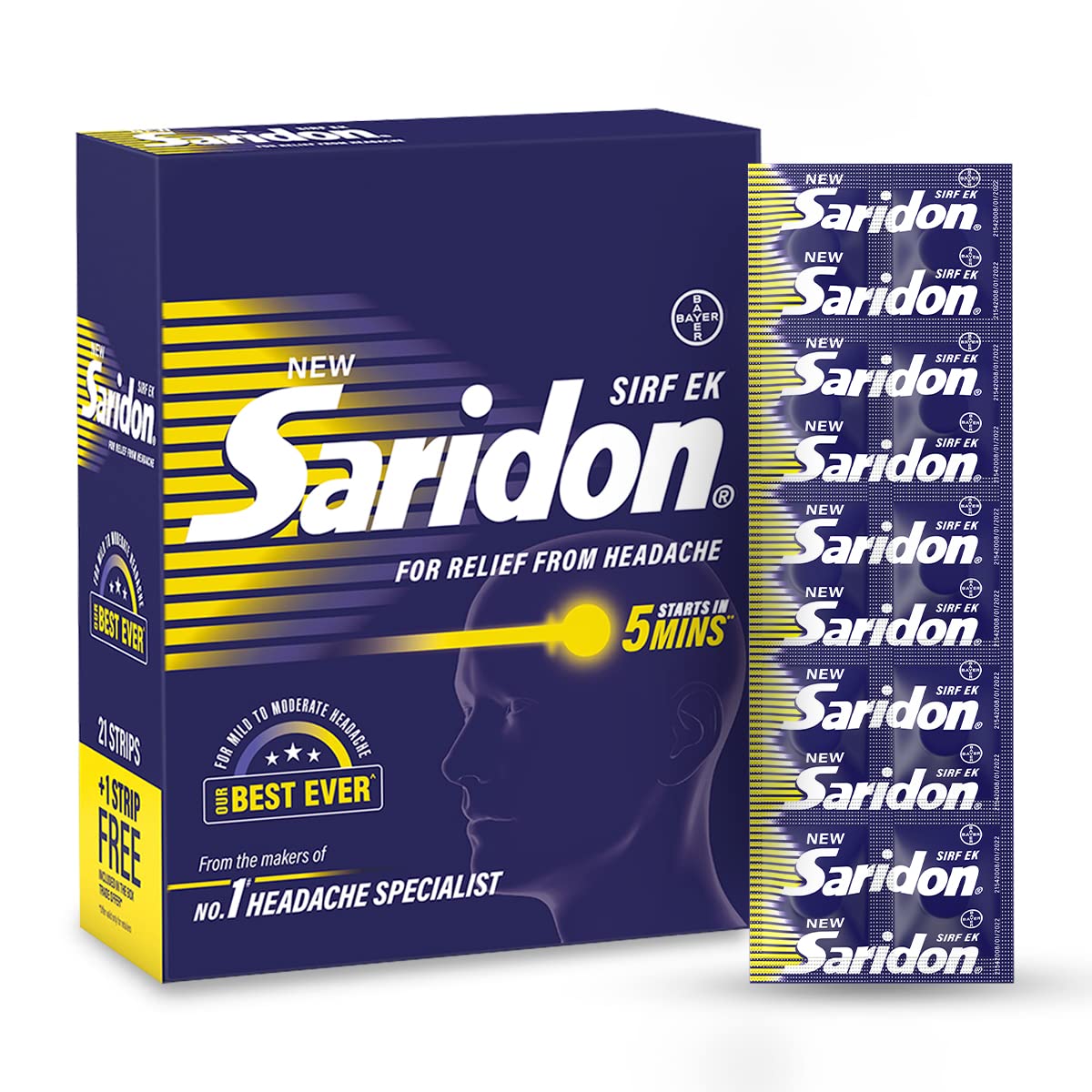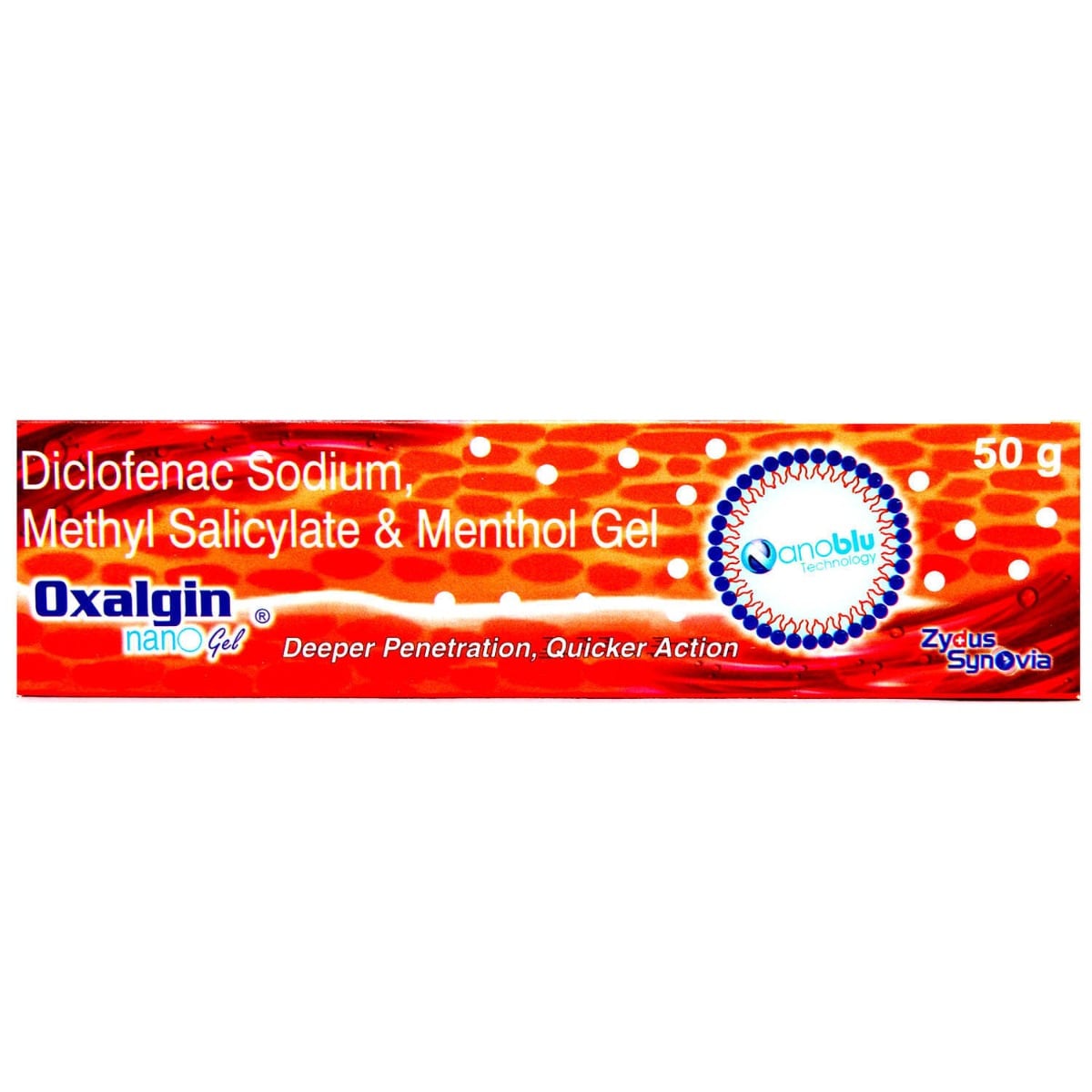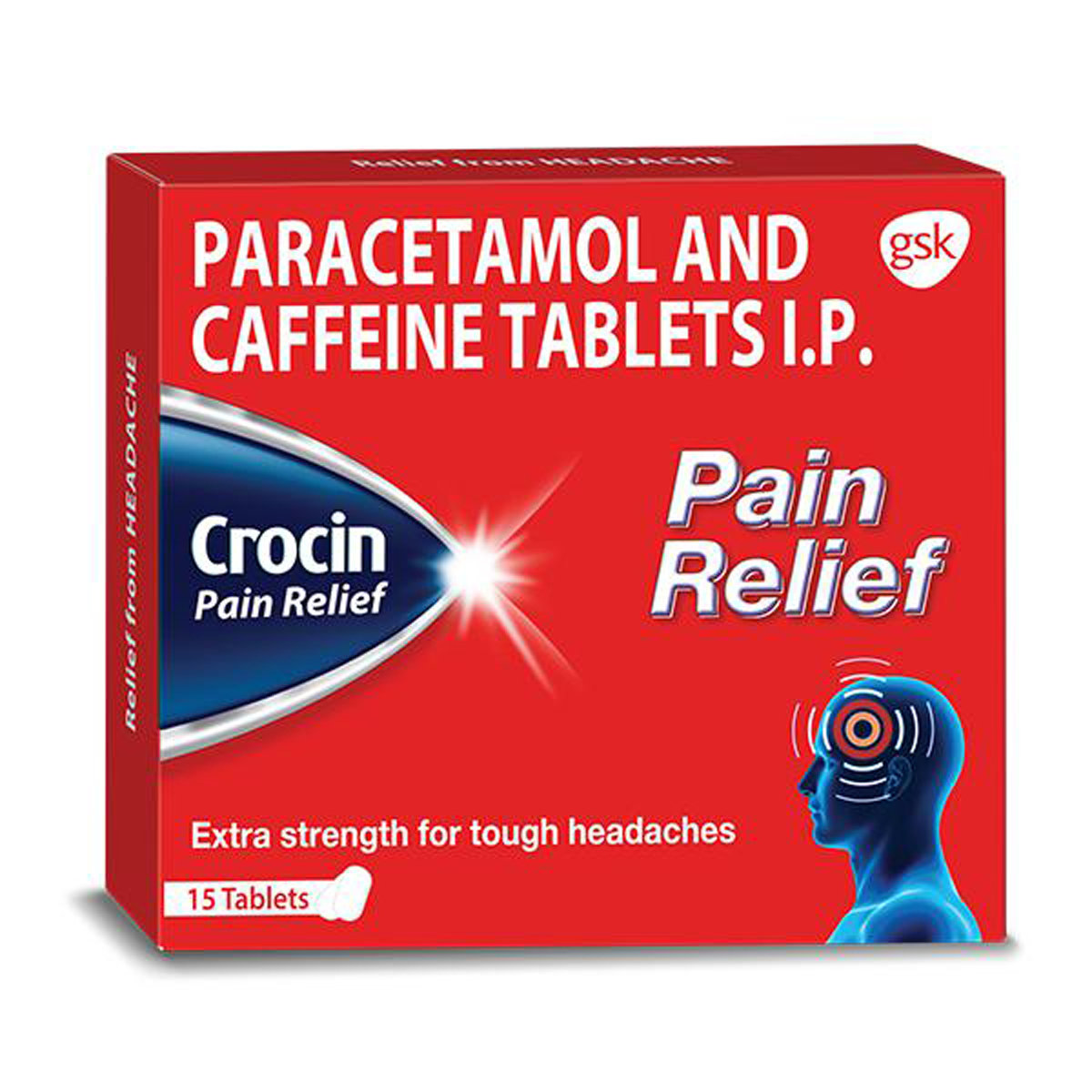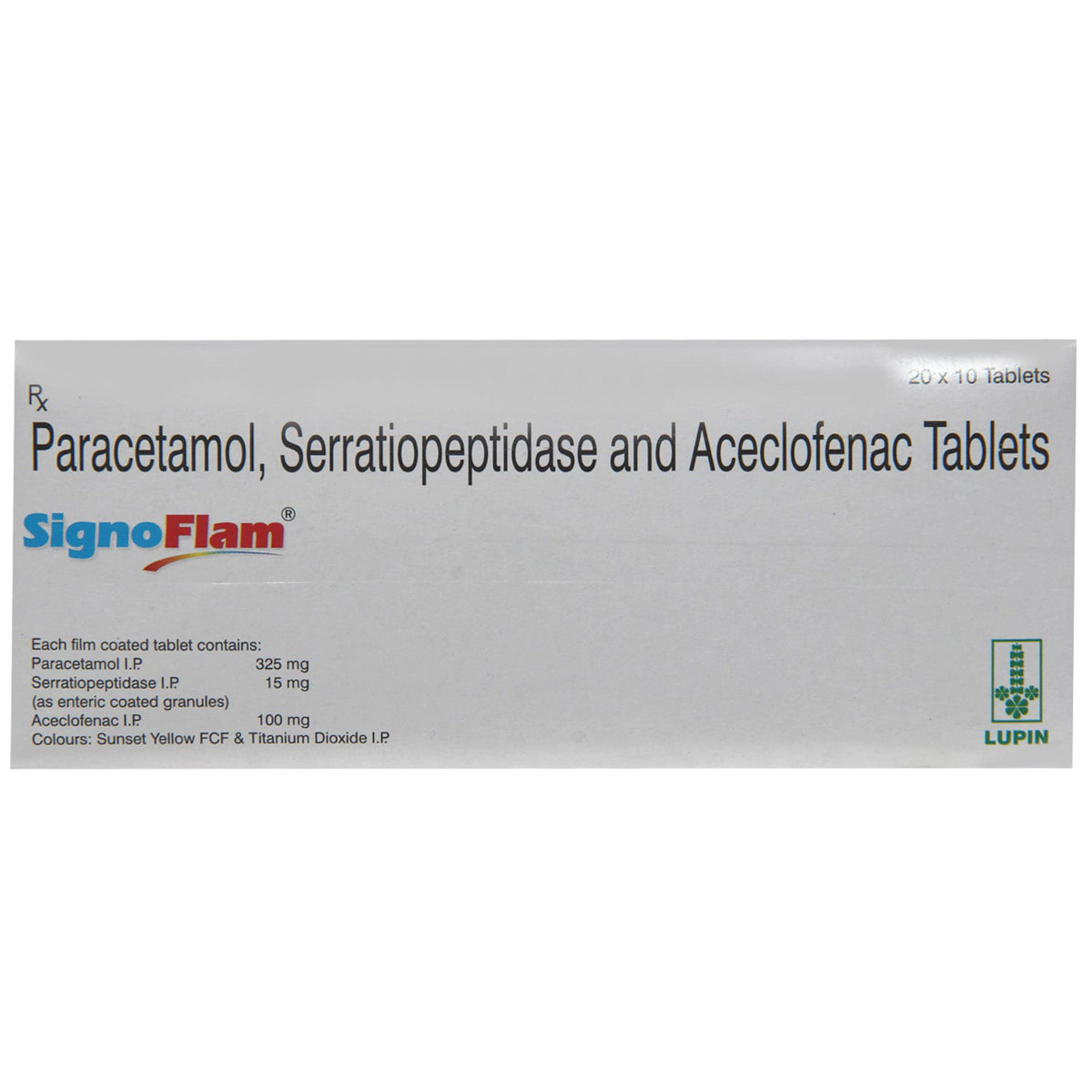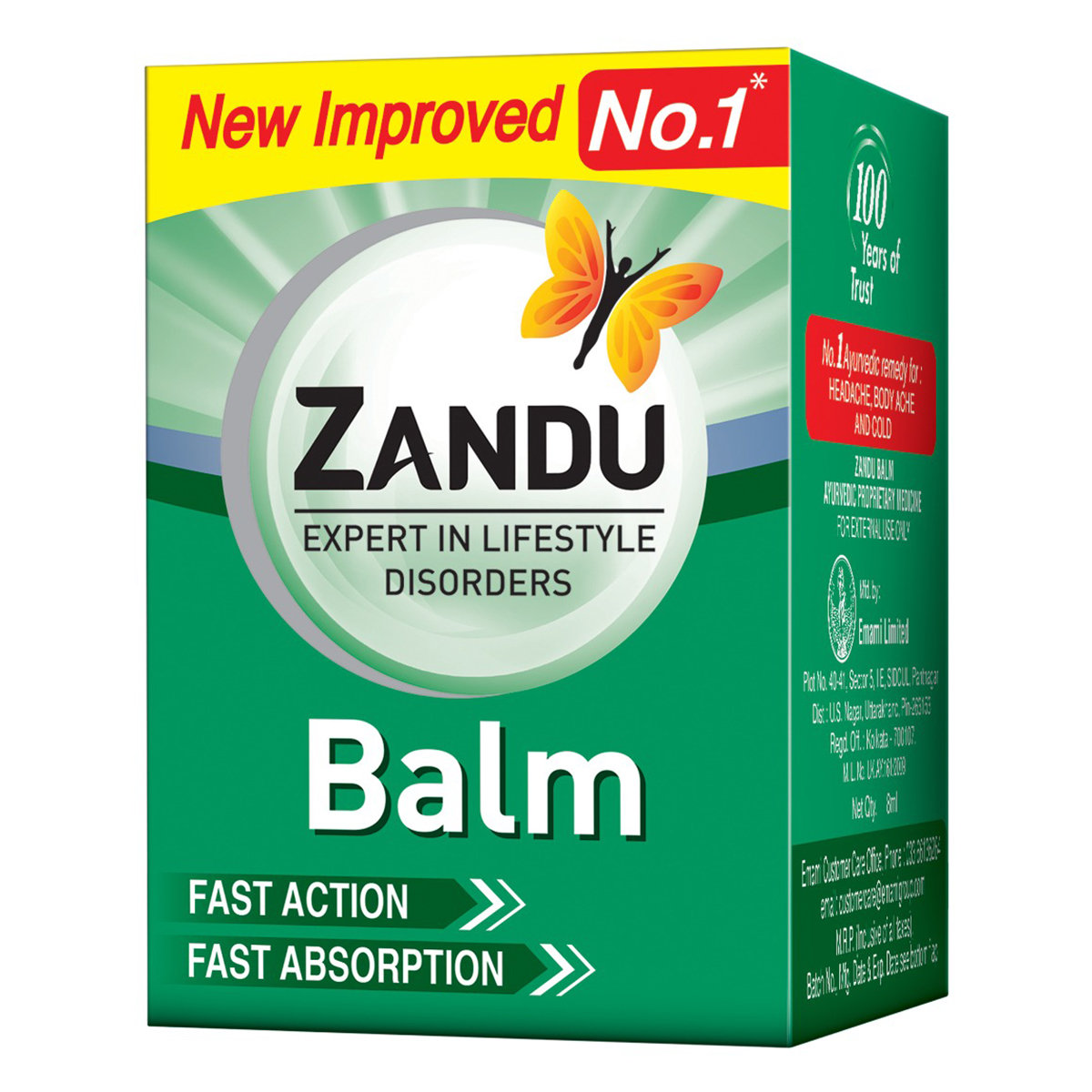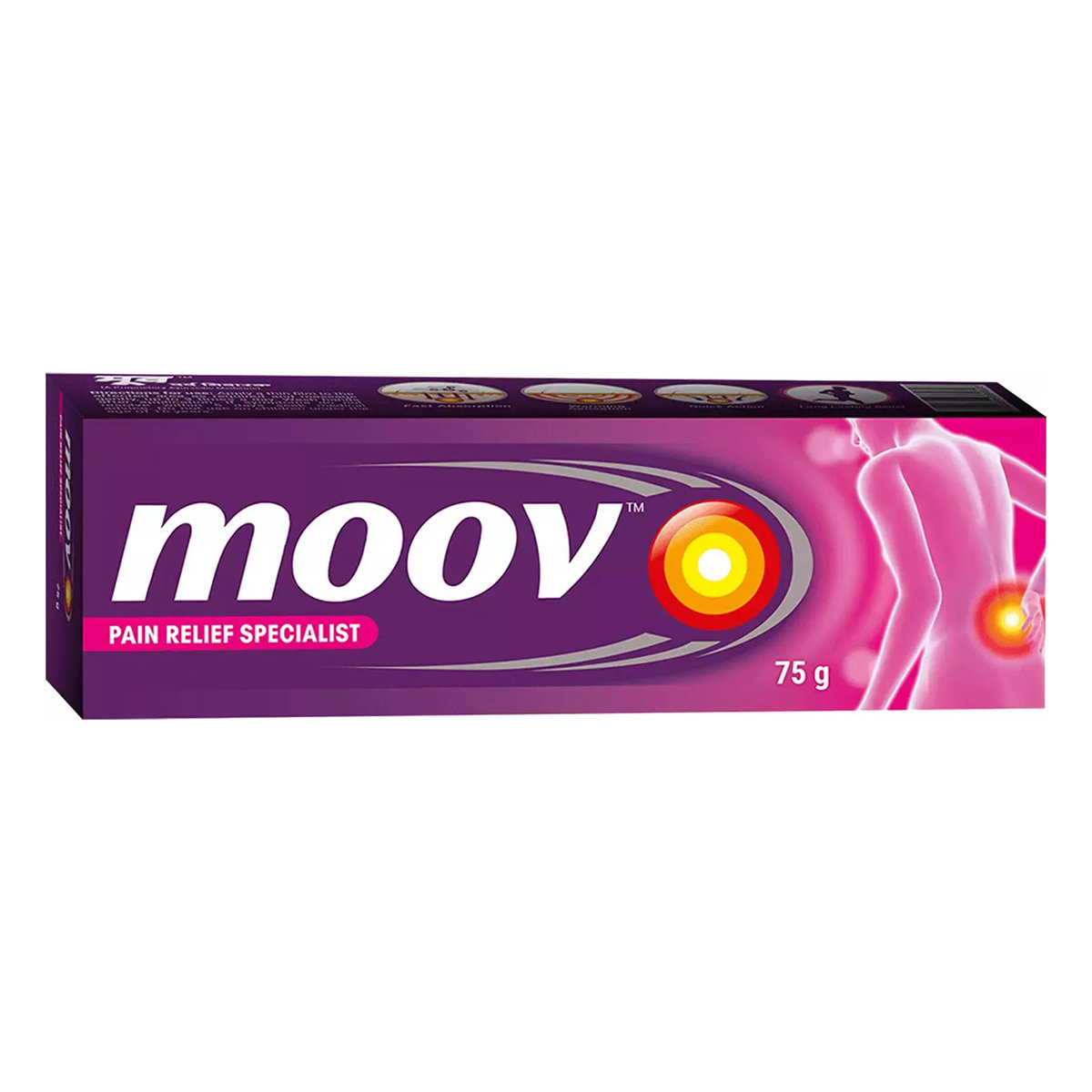- Home
- Health Condition
Medicine For Body Aches
Medicine For Body Aches
- Total Items (1667)

Auspara 500 Tablet 10's
₹7.60
MRP ₹9.50
20% off
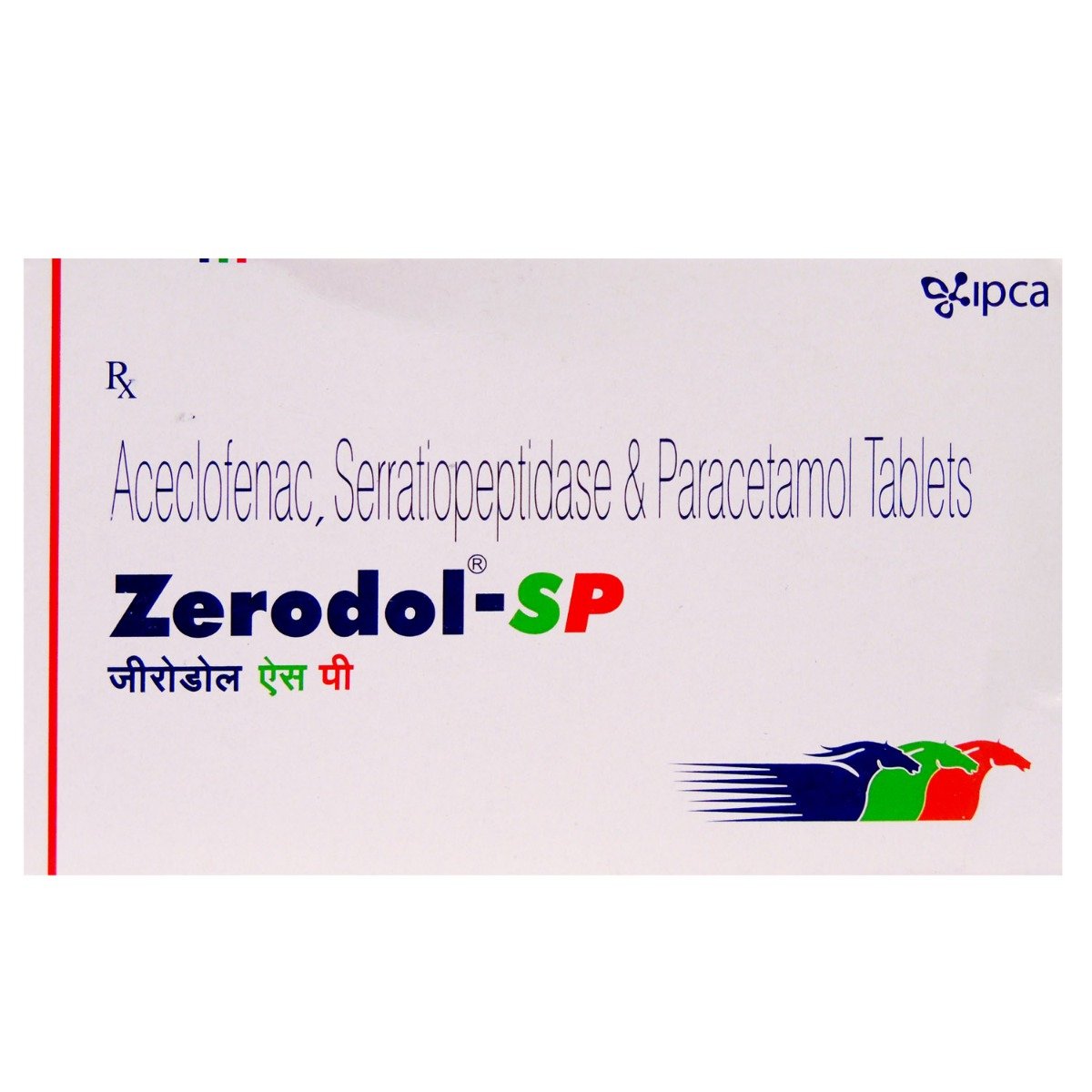 RX
RXZerodol-SP Tablet 10's
₹139.50

Volini Pain Relief Spray, 62 gm
₹205
MRP ₹233
12% off
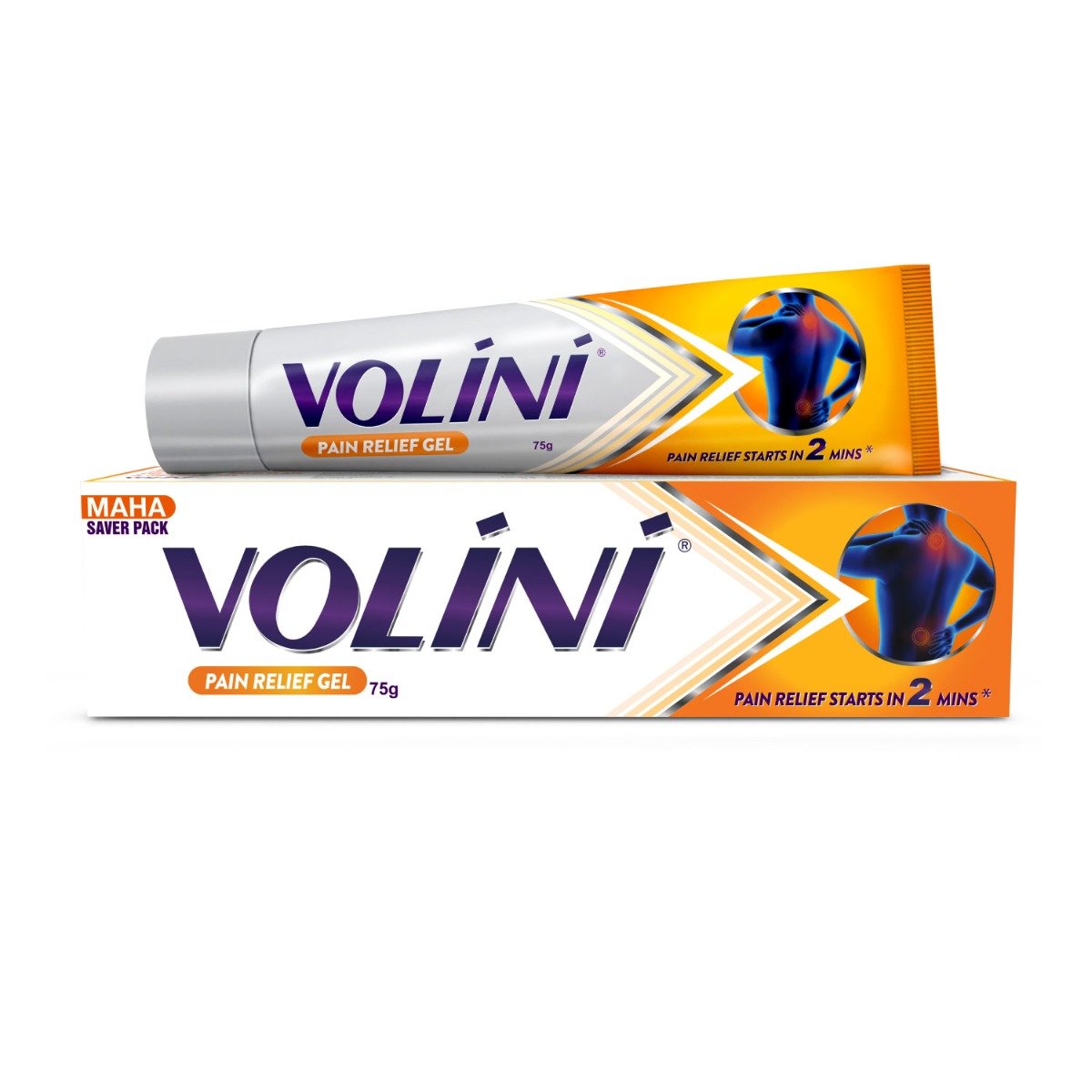
Volini Pain Relief Gel, 75 gm
₹231.20
MRP ₹272
15% off
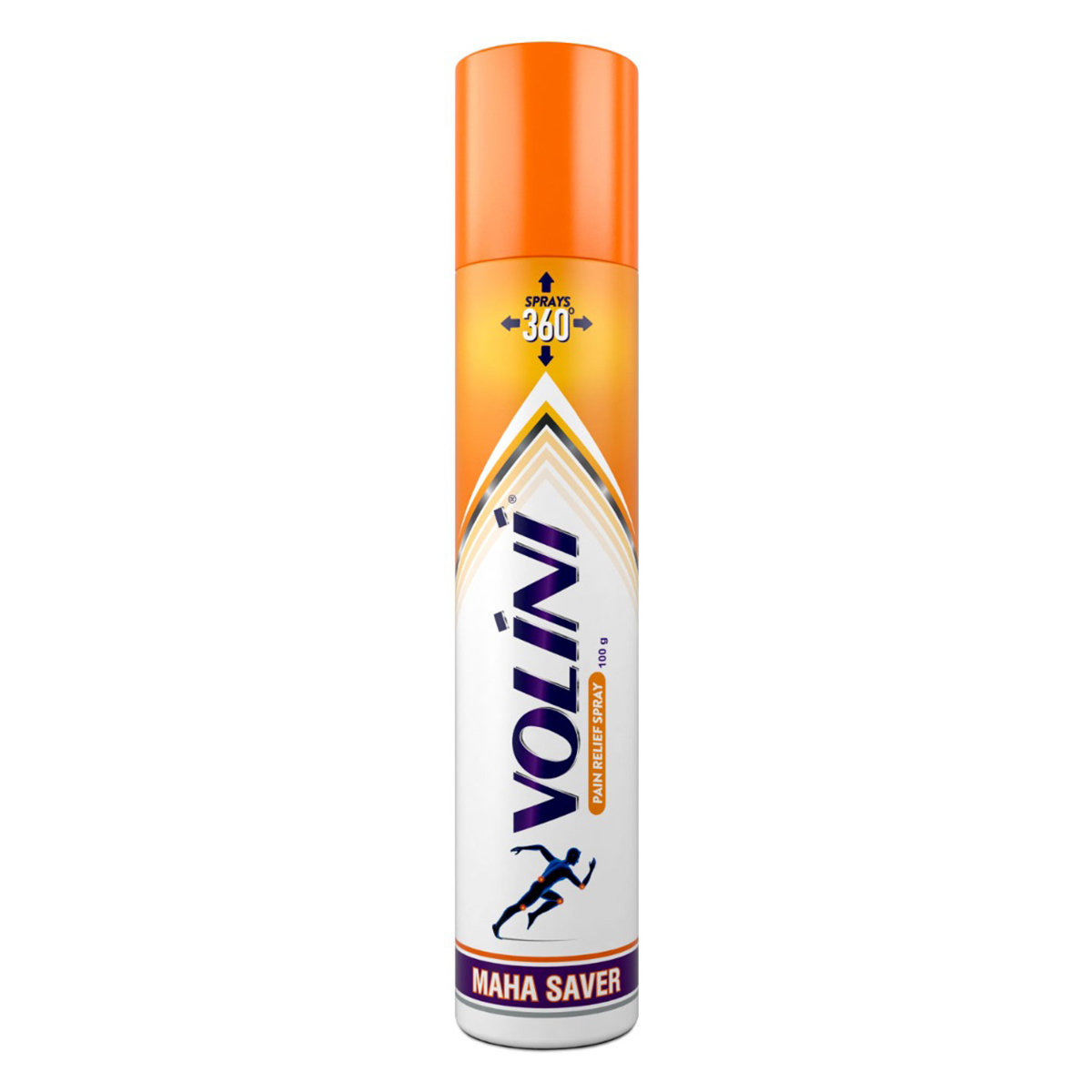
Volini Pain Relief Spray, 100 gm
₹293.20
MRP ₹349
16% off
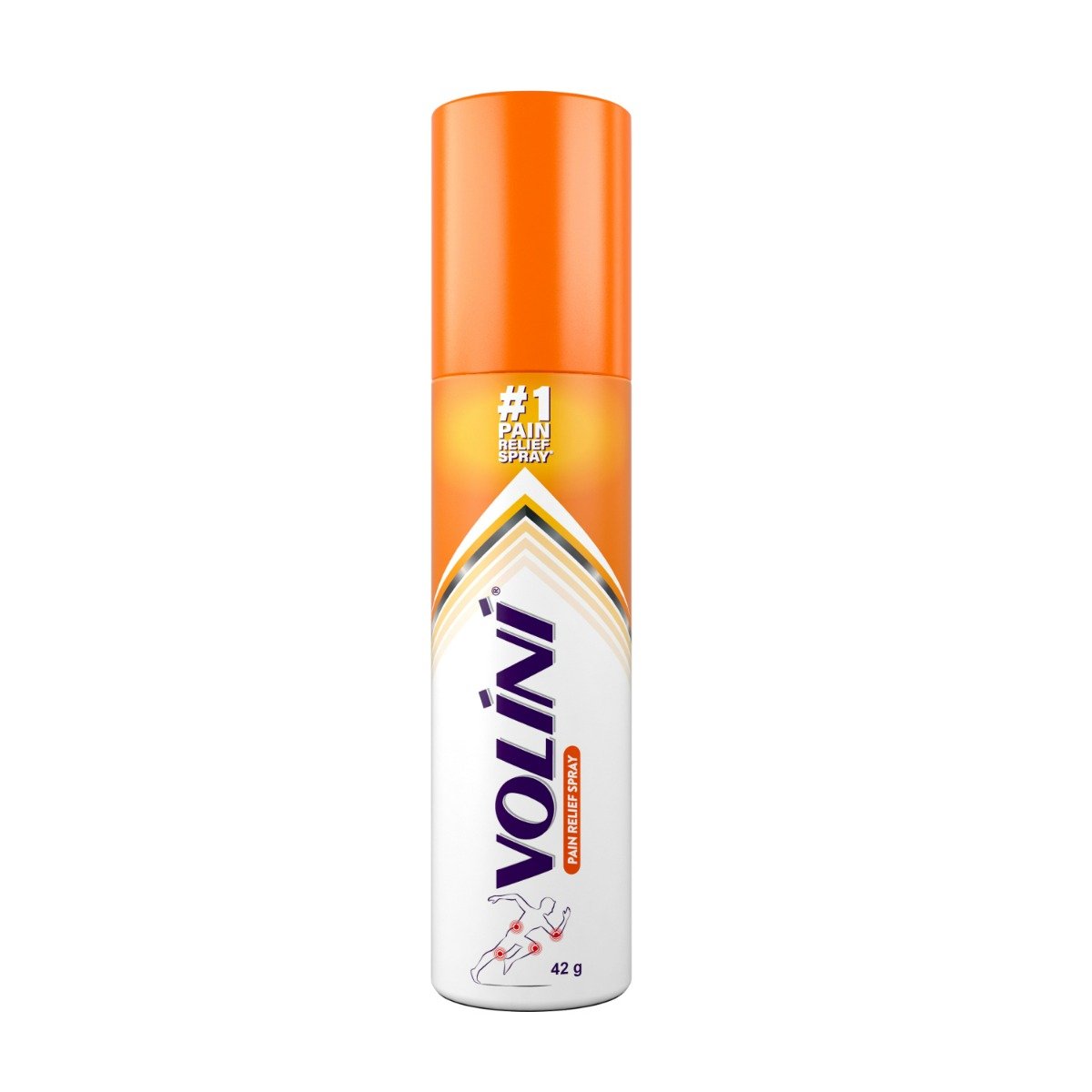
Volini Pain Relief Spray, 42 gm
₹161
MRP ₹175
8% off
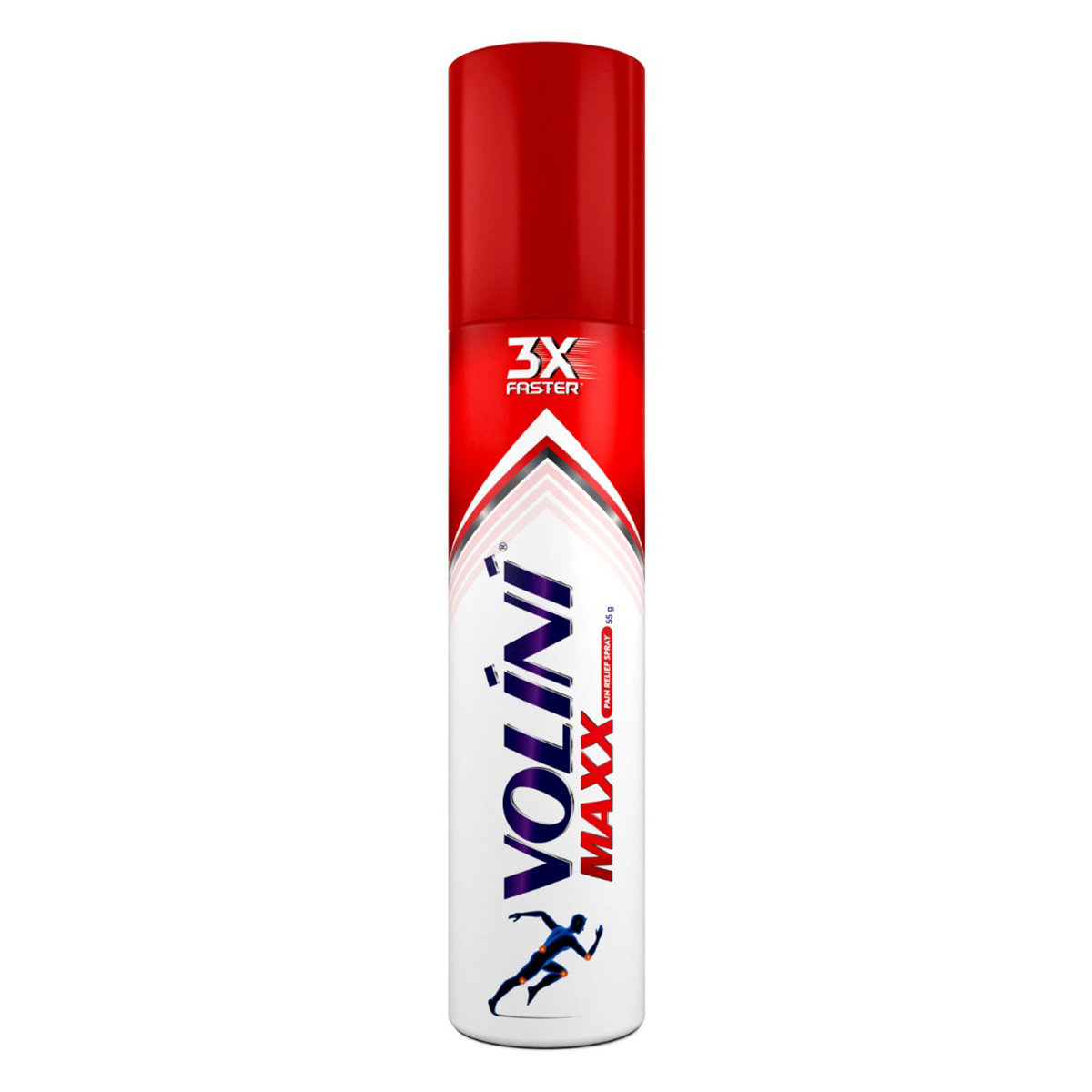
Volini Maxx Pain Relief Spray, 55 gm
₹190.40
MRP ₹224
15% off
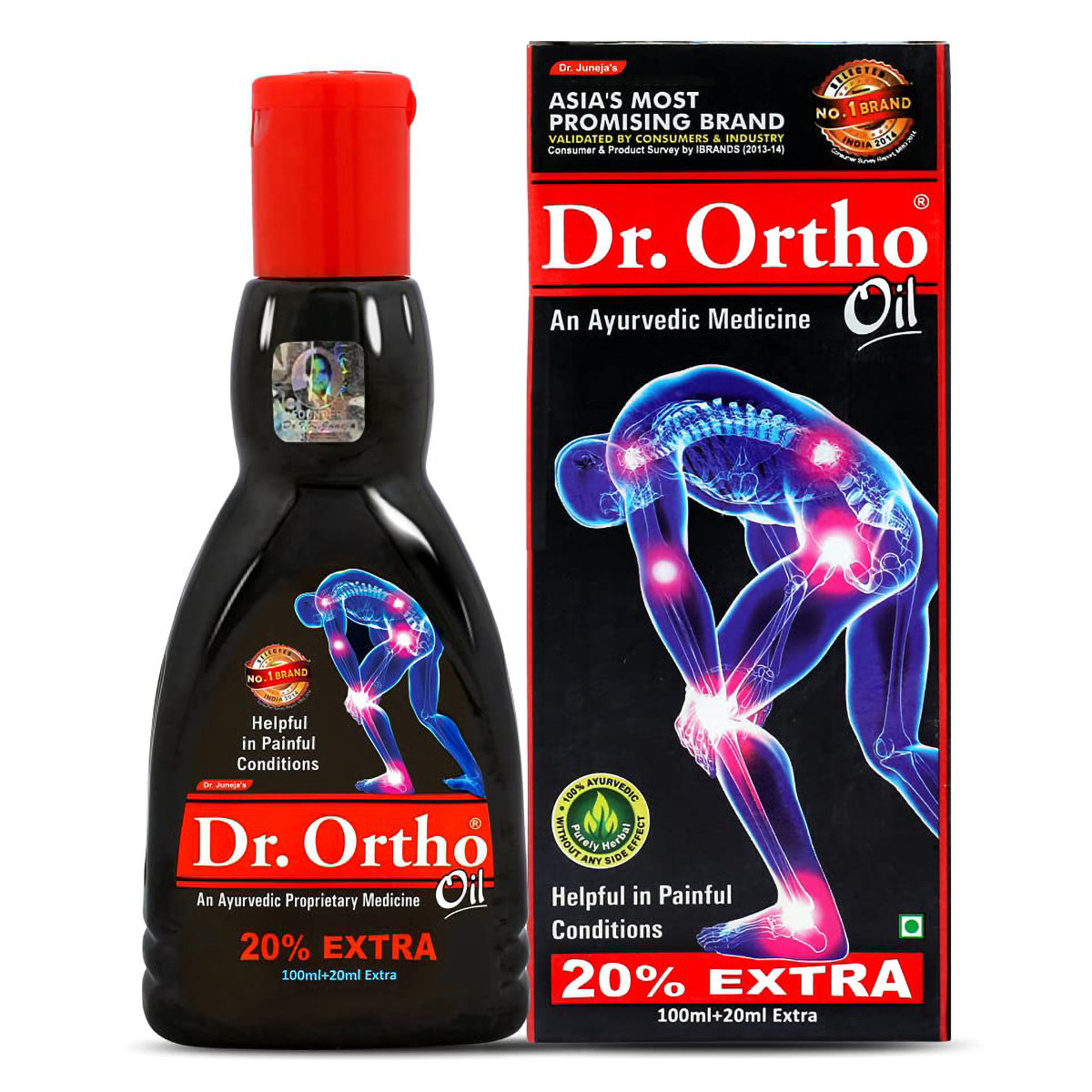
Dr. Ortho Oil, 120 ml
₹264.90
MRP ₹276
4% off
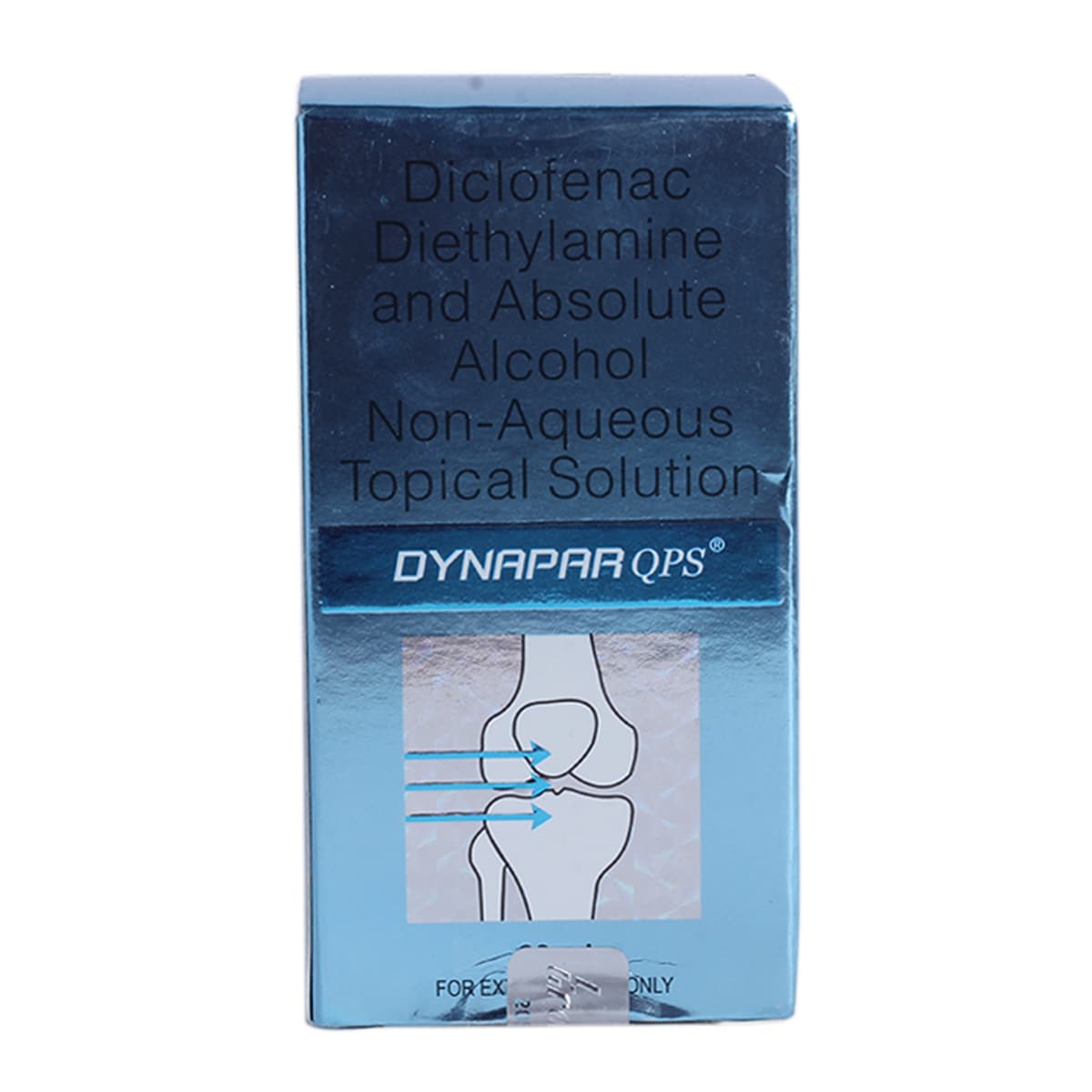
Dynapar QPS Solution 30 ml
₹305.10
MRP ₹339
10% off
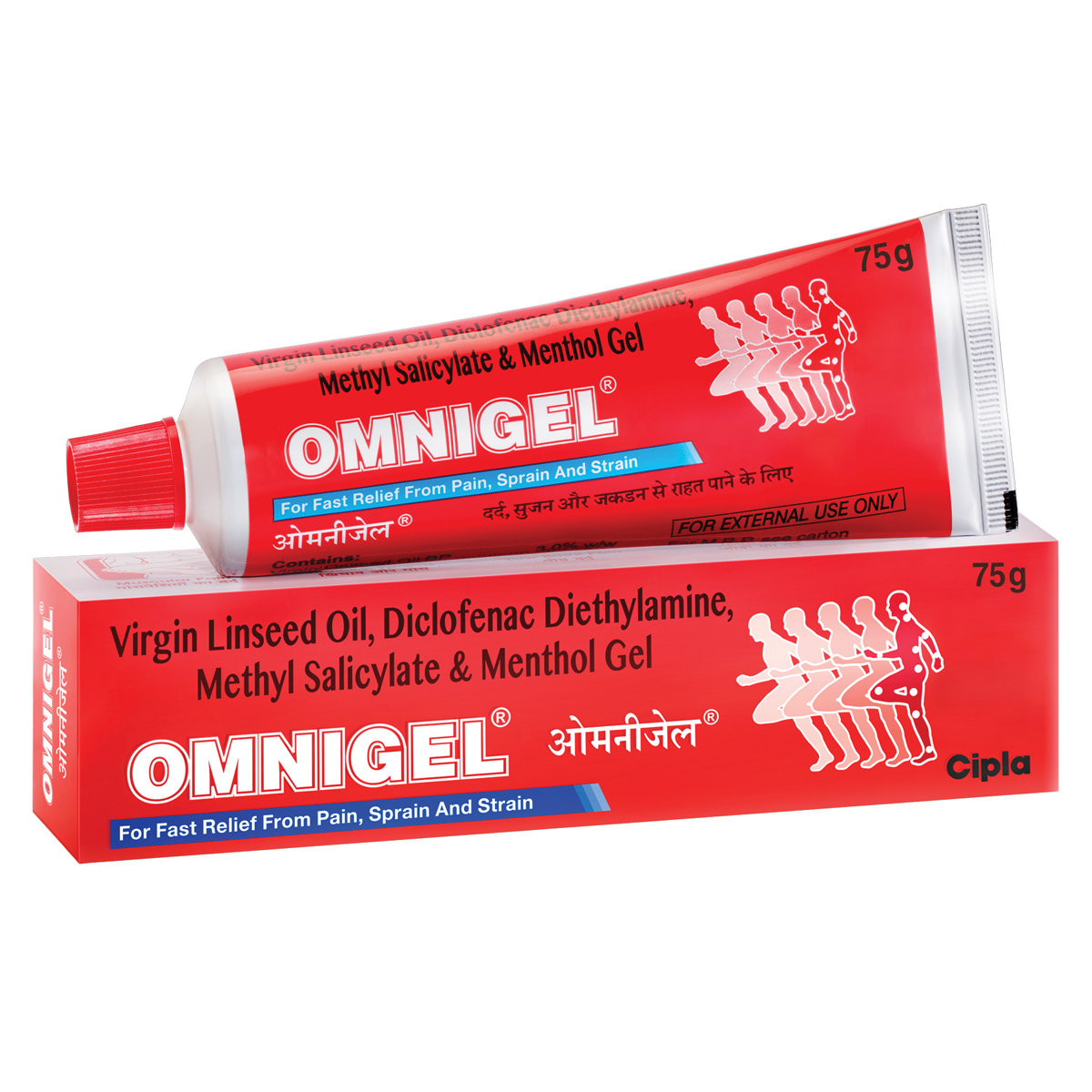
Omnigel 75 gm
₹209.60
MRP ₹262
20% off
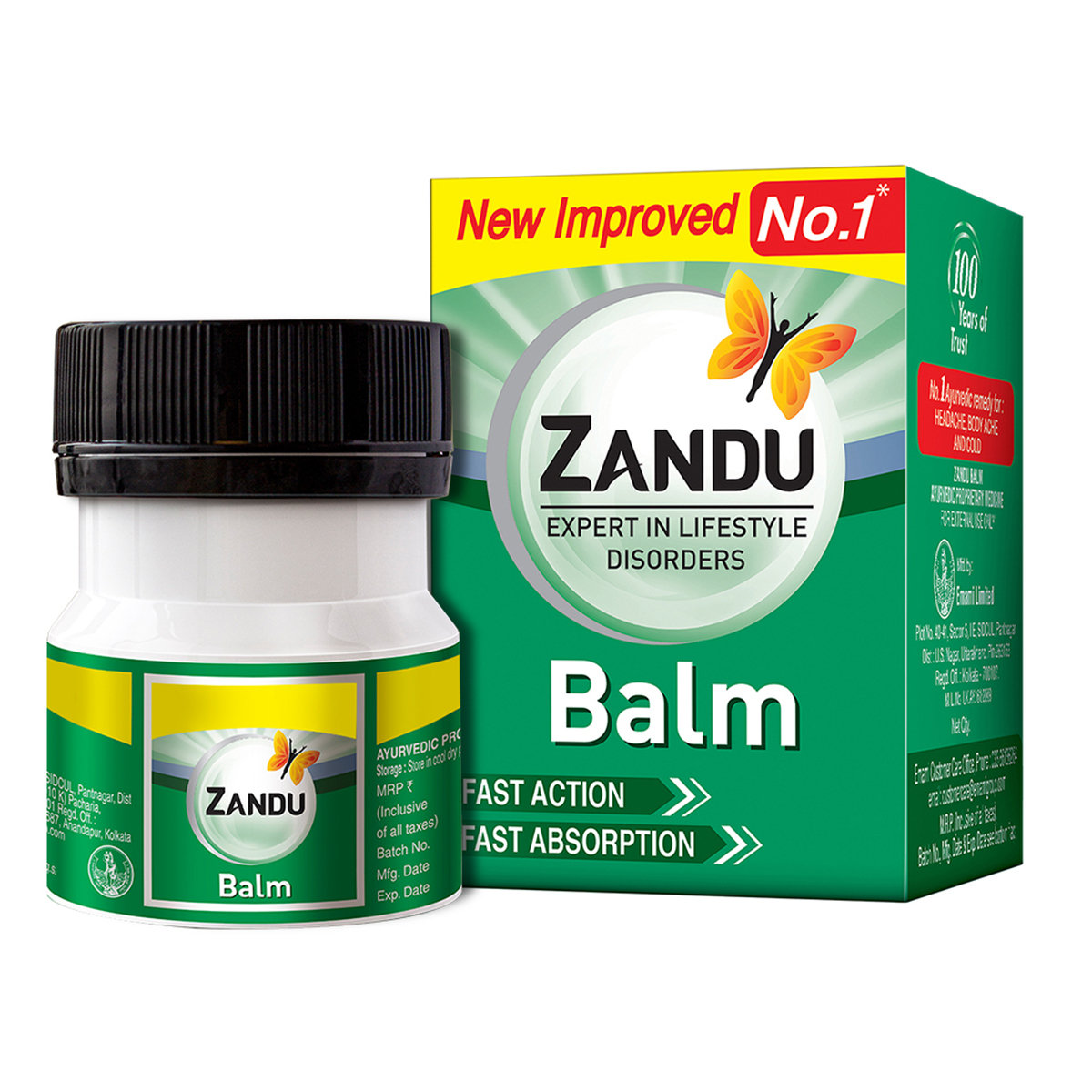
Zandu Balm, 50 ml
₹157.50
MRP ₹175
10% off
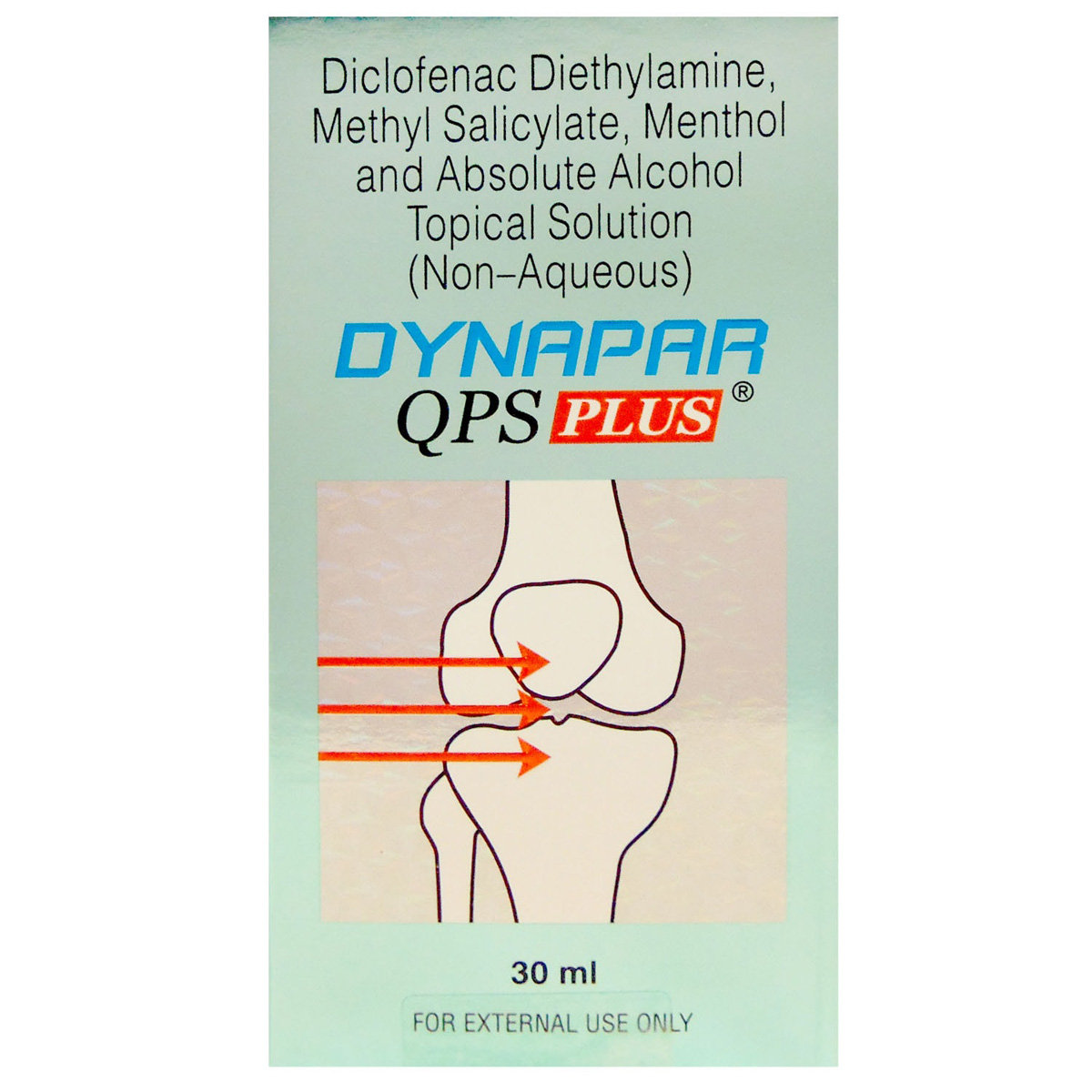
Dynapar QPS Plus Topical Solution 30 ml
₹308.50
MRP ₹339
9% off
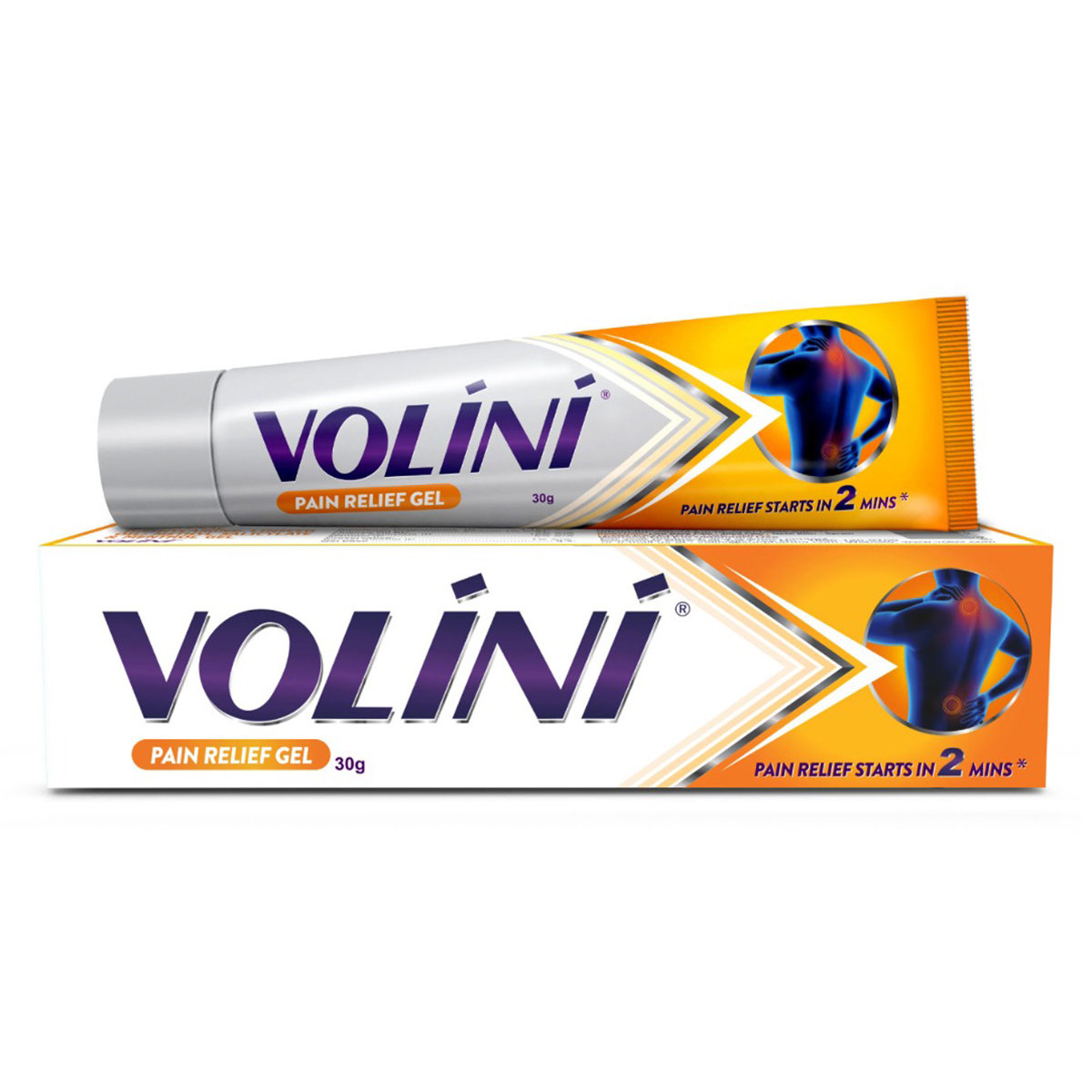
Volini Pain Relief Gel, 30 gm
₹152
MRP ₹160
5% off
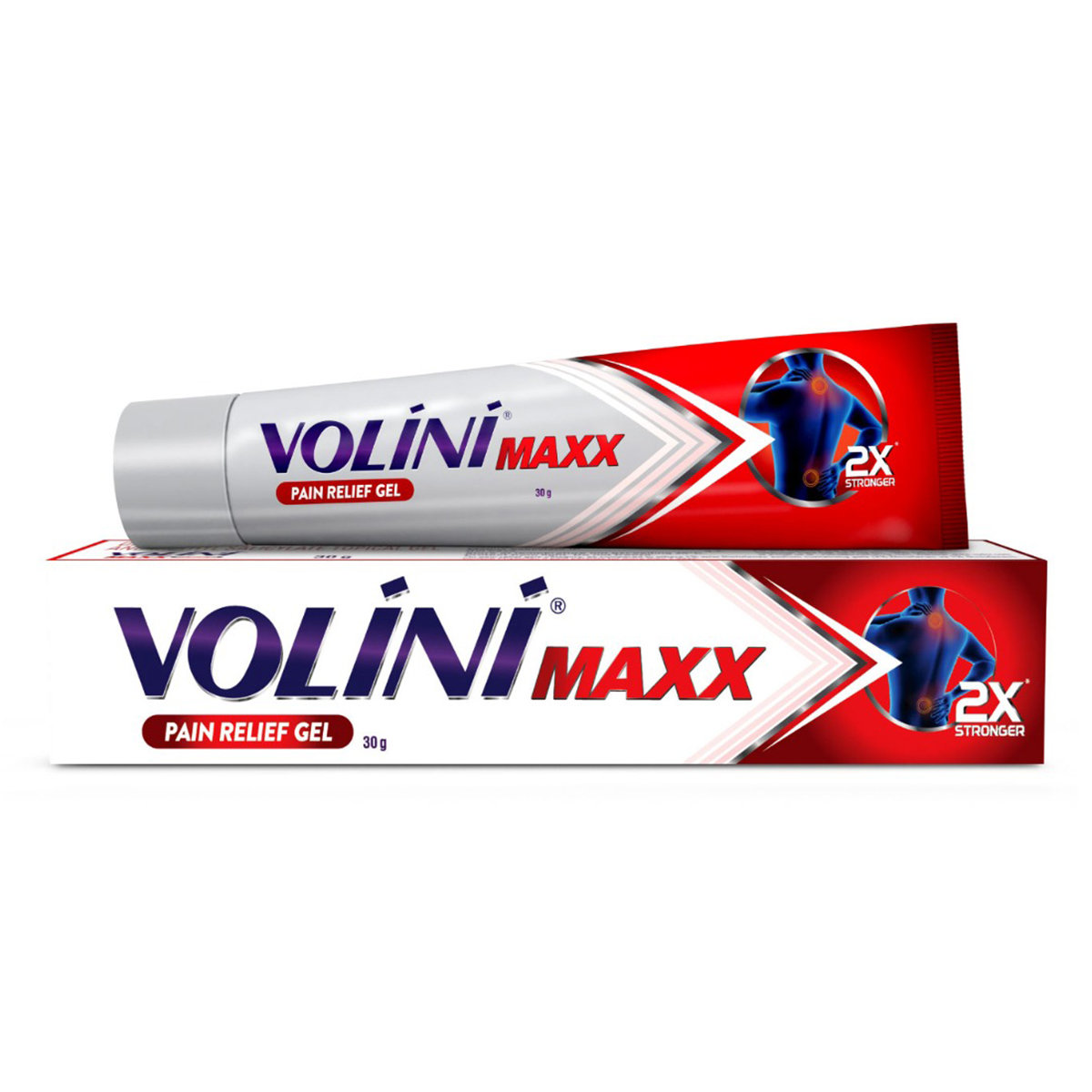
Volini Maxx Pain Relief Gel, 30 gm
₹159.10
MRP ₹167.50
5% off
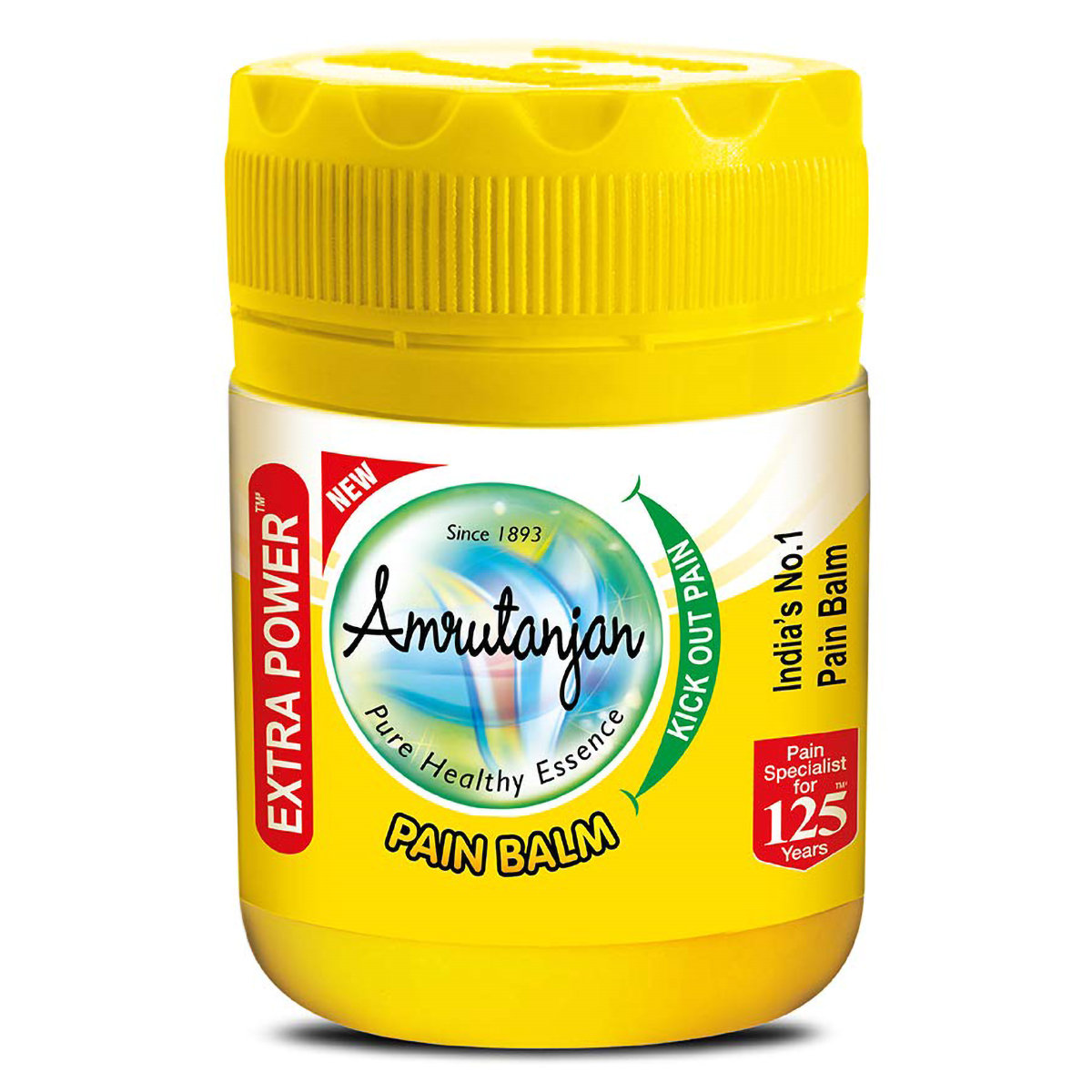
Amrutanjan Extra Power Pain Balm, 50 ml
₹129.70
MRP ₹141
8% off
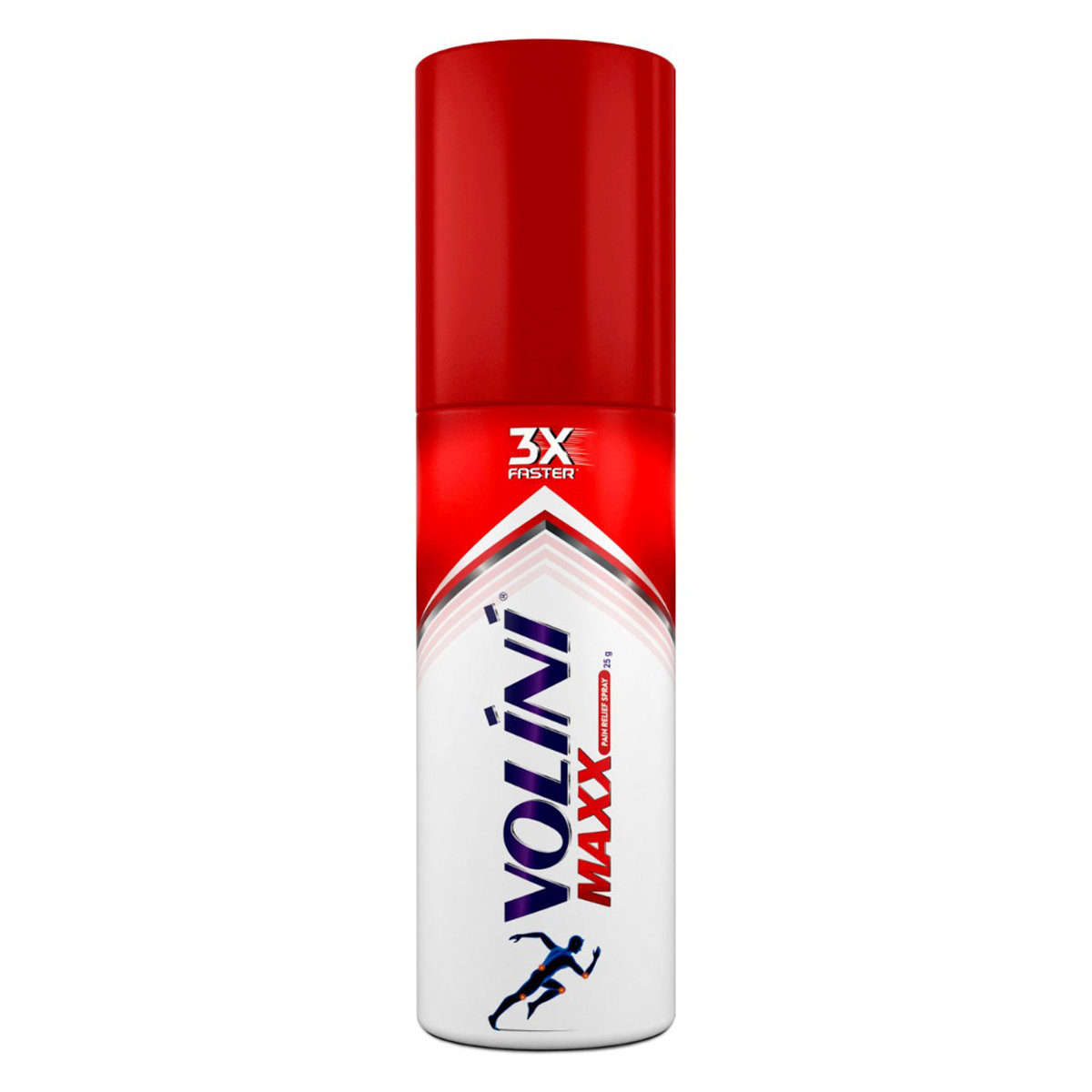
Volini Maxx Pain Relief Spray, 25 gm
₹104.50
MRP ₹110
5% off

Auspara 500 Tablet 10's
₹7.60
MRP ₹9.50
20% off
 RX
RXZerodol-SP Tablet 10's
₹139.50

Volini Pain Relief Spray, 62 gm
₹205
MRP ₹233
12% off

Volini Pain Relief Gel, 75 gm
₹231.20
MRP ₹272
15% off

Volini Pain Relief Spray, 100 gm
₹293.20
MRP ₹349
16% off

Volini Pain Relief Spray, 42 gm
₹161
MRP ₹175
8% off

Volini Maxx Pain Relief Spray, 55 gm
₹190.40
MRP ₹224
15% off

Dr. Ortho Oil, 120 ml
₹264.90
MRP ₹276
4% off

Dynapar QPS Solution 30 ml
₹305.10
MRP ₹339
10% off

Omnigel 75 gm
₹209.60
MRP ₹262
20% off

Zandu Balm, 50 ml
₹157.50
MRP ₹175
10% off

Dynapar QPS Plus Topical Solution 30 ml
₹308.50
MRP ₹339
9% off

Volini Pain Relief Gel, 30 gm
₹152
MRP ₹160
5% off

Volini Maxx Pain Relief Gel, 30 gm
₹159.10
MRP ₹167.50
5% off

Amrutanjan Extra Power Pain Balm, 50 ml
₹129.70
MRP ₹141
8% off

Volini Maxx Pain Relief Spray, 25 gm
₹104.50
MRP ₹110
5% off
Medicine For Body Aches
Body aches can affect anyone, and they can range from mild discomfort to debilitating pain. These aches are often a result of various causes, including muscle strain, overexertion, illnesses like the flu, or chronic conditions such as arthritis or fibromyalgia. Whether you're experiencing soreness after an intense workout or dealing with persistent pain from a medical condition, finding effective relief is essential to maintaining your quality of life. Fortunately, there are numerous medications available to help manage and alleviate body aches. These treatments can reduce pain, inflammation, and discomfort, allowing you to return to your daily activities with greater ease and comfort.
Types of Medicine for Body Aches
Depending on the severity and cause of your body aches, several medicines can help alleviate symptoms. Here's an overview of the most common types of medicine for body aches:
1. Over-the-counter (OTC) Pain Relievers
OTC pain relievers are commonly used to alleviate mild to moderate body aches. These medications are readily available without a prescription and can be effective in managing pain and inflammation.
- Acetaminophen: Acetaminophen is an analgesic and antipyretic that helps relieve pain and reduce fever. It is often used for mild to moderate pain and is gentle on the stomach.
- Nonsteroidal Anti-Inflammatory Drugs (NSAIDs): NSAIDs such as ibuprofen, naproxen, and aspirin work by reducing inflammation and pain. They are effective for muscle aches, joint pain, and other inflammatory conditions.
2. Prescription Pain Relievers
For more severe body aches, prescription pain relievers may be necessary. These medications are prescribed by healthcare providers and are typically stronger than OTC options.
- Opioids: Opioid medications such as oxycodone, hydrocodone, and morphine are potent pain relievers that work by binding to opioid receptors in the brain, reducing the perception of pain. They are used for severe pain but come with a risk of dependence and side effects.
- Muscle Relaxants: Medications like cyclobenzaprine and methocarbamol are used to relieve muscle spasms and associated pain. They work by relaxing the muscles and reducing tension.
3. Topical Pain Relievers
Topical pain relievers are applied directly to the skin over the affected area. They can provide localised relief for muscle and joint pain.
Menthol: Menthol-based creams and gels provide a cooling sensation that can help alleviate pain and discomfort.
- Capsaicin: Capsaicin creams work by reducing the amount of substance P, a chemical in the body that transmits pain signals.
- Lidocaine: Lidocaine patches or creams are numbing agents that block pain signals from reaching the brain.
4. Corticosteroids
Corticosteroids are powerful anti-inflammatory medications that can be prescribed for conditions causing severe inflammation and pain.
- Prednisone: Prednisone is an oral corticosteroid that reduces inflammation and helps relieve pain associated with conditions like arthritis and autoimmune disorders.
- Corticosteroid Injections: Corticosteroid injections can be administered directly into the affected area to reduce inflammation and provide pain relief.
5. Antidepressants and Anticonvulsants
Certain antidepressants and anticonvulsants can be prescribed for chronic pain conditions, such as fibromyalgia and neuropathic pain.
- Amitriptyline: Amitriptyline is a tricyclic antidepressant that can help relieve chronic pain by altering the way pain signals are processed in the brain.
- Gabapentin: Gabapentin is an anticonvulsant that can help manage nerve pain by stabilising electrical activity in the nervous system.
Benefits of Using Medicine for Body Aches
Using medicines to treat body aches can significantly improve your comfort and overall well-being. Here are some key benefits:
Effective Pain Relief: Medications specifically designed to relieve pain can quickly and effectively reduce body aches. Whether it's an over-the-counter pain reliever or a prescription medication, these medicines target the pain at its source, allowing you to feel more comfortable and carry out daily activities with ease.
- Reduction of Inflammation: Nonsteroidal anti-inflammatory drugs (NSAIDs) and corticosteroids are particularly effective at reducing inflammation, which is often a major cause of pain. By addressing inflammation, these medicines can alleviate pain and promote faster recovery.
- Improved Mobility: Body aches can limit your ability to move and perform everyday tasks. By relieving pain and discomfort, pain relievers and muscle relaxants can improve your mobility, enabling you to stay active and maintain a higher level of physical function.
- Management of Chronic Pain Conditions: Certain medications, including antidepressants and anticonvulsants, are effective in managing chronic pain conditions like fibromyalgia and neuropathic pain. These medicines help modulate pain signals in the nervous system, providing long-term relief and improving your quality of life.
- Enhanced Sleep Quality: Body aches can disrupt your sleep, leading to fatigue and decreased well-being. By alleviating pain, medicines can improve your sleep quality, ensuring you get the rest you need to support healing and maintain your energy levels.
- Improved Mental Well-Being: Chronic pain can take a toll on your mental health, leading to feelings of frustration, anxiety, and depression. Effective pain management with medicines can enhance your mental well-being, helping you stay positive and focused.
Dosage & Usage Instructions of Medicine for Body Aches
When using medicine for body aches, it's crucial to follow the dosage and usage instructions provided by your healthcare provider or indicated on the medication label. Here are general guidelines for the most common types of body ache medicines:
1. Over-the-counter (OTC) Pain Relievers
OTC pain relievers are commonly used for mild to moderate body aches. Always read and follow the instructions on the medication label.
- Acetaminophen: Typically taken every 4 to 6 hours as needed. Do not exceed the recommended daily dosage (usually 3,000 to 4,000 mg per day) to avoid potential liver damage.
- Nonsteroidal Anti-Inflammatory Drugs (NSAIDs): Examples include ibuprofen and naproxen. These are usually taken every 4 to 6 hours as needed. Do not exceed the recommended daily dosage to avoid gastrointestinal issues and other side effects.
2. Prescription Pain Relievers
Prescription pain relievers are used for more severe body aches. Follow the dosage instructions provided by your healthcare provider.
- Opioids: These medications, such as oxycodone or hydrocodone, should be taken exactly as prescribed. Be aware of the risk of dependence and follow your healthcare provider's guidance.
- Muscle Relaxants: Medications like cyclobenzaprine and methocarbamol are typically taken 2 to 3 times a day as needed. Follow the prescribed dosage and duration.
3. Topical Pain Relievers
Topical pain relievers are applied directly to the skin over the affected area. They provide localised relief without systemic effects.
- Menthol/Capsaicin/Lidocaine: Apply a thin layer to the affected area as needed. Follow the instructions on the label regarding the frequency of application. Avoid contact with eyes and mucous membranes.
4. Corticosteroids
Corticosteroids are powerful anti-inflammatory medications used for severe inflammation and pain. Follow your healthcare provider's instructions.
- Oral Corticosteroids (e.g., Prednisone): Take as prescribed, typically in a tapering dosage over a specific period. Do not abruptly stop taking the medication without consulting your healthcare provider.
- Corticosteroid Injections: Administered by a healthcare provider. Follow any post-injection care instructions provided.
5. Antidepressants and Anticonvulsants
These medications are often prescribed for chronic pain conditions. Follow the dosage instructions provided by your healthcare provider.
- Amitriptyline: Typically taken once daily, often at bedtime. The dosage may be adjusted based on individual response and tolerance.
- Gabapentin: Usually taken multiple times a day as prescribed. The dosage may be gradually increased to achieve the desired effect.
Where to Order Medicine for Body Aches Online?
You can easily order medicines for body aches from Apollo 24|7 through their website or mobile app. Apollo 24|7 offers a variety of pain relief options, including analgesics, anti-inflammatory medications, muscle relaxants, and topical creams, all available for convenient home delivery. Whether you need over-the-counter pain relievers or prescription medications, Apollo 24|7 ensures you have quick and easy access to the medicines you need for effective relief. Additionally, you can book doctor appointments and receive expert guidance for personalised treatment, ensuring you get the best care for managing your body aches.
Frequently asked questions
You should see a doctor if your body aches persist for more than a few days, worsen over time, or are accompanied by other symptoms such as fever, swelling, redness, or difficulty moving.
Pain relievers should generally be used on a short-term basis. If you experience ongoing or chronic body aches, it's important to consult a healthcare provider for a proper diagnosis and treatment plan. Prolonged use of pain relievers can cause side effects.
Yes, you can typically use topical pain relievers in combination with oral pain medications, but always check with a healthcare provider or pharmacist to ensure there are no contraindications or risks of overuse.
Muscle relaxants are generally safe for short-term use under medical supervision. However, they can cause drowsiness, so avoid activities like driving. They should be used for the prescribed duration and under the guidance of a healthcare provider.
Some natural remedies for body aches include applying heat or cold packs, gentle stretching, massages, staying hydrated, and resting. Additionally, certain supplements such as magnesium, omega-3 fatty acids, and turmeric may help reduce inflammation and alleviate pain. Always consult a healthcare provider before trying new supplements or remedies.

